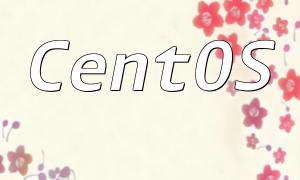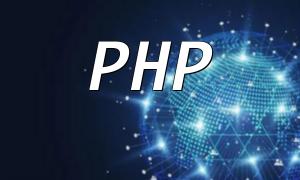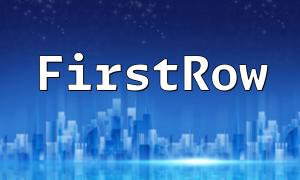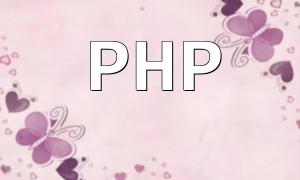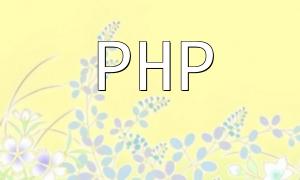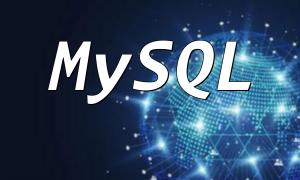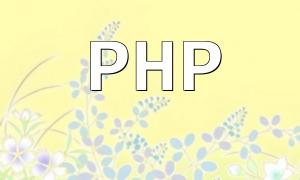In modern internet development, the integration of Linux and PHP has gradually become the preferred choice for developers and businesses. This combination allows developers to build efficient, secure, and stable PHP applications on Linux. Linux, an open-source operating system, is highly favored for its excellent performance, stability, and security, while PHP, a popular server-side scripting language, is widely used in website development. By combining these two technologies, not only is development efficiency improved, but website performance is significantly enhanced.
On the Linux platform, PHP typically works with web servers such as Apache or Nginx. When a user accesses a PHP page, the web server receives the request and passes it to the PHP parser for processing, eventually returning the generated HTML page. This process ensures that PHP applications can respond quickly and handle high concurrency.
To set up PHP on a Linux server, the following basic steps need to be completed:
# Install Apache server
sudo apt-get install apache2
# Install PHP and its modules
sudo apt-get install php libapache2-mod-php
# Restart Apache to apply changes
sudo systemctl restart apache2The integration of Linux and PHP provides several significant advantages:
High Performance: Linux’s efficient resource management enables PHP scripts to execute faster, thus improving the overall website performance.
Security: Linux’s robust security mechanisms provide additional protection for PHP applications, reducing the risk of attacks.
Flexibility: PHP’s open-source nature allows developers to customize and extend it according to specific project needs.
Community Support: Due to the widespread usage of both Linux and PHP, both have vibrant developer communities and extensive resources, providing continuous support for developers.
The combination of Linux and PHP has been widely applied in various fields, including:
E-commerce Websites: Many e-commerce platforms choose to build their websites using Linux and PHP, ensuring high availability and fast loading speeds.
Content Management Systems: Popular CMS systems like WordPress rely on the integration of Linux and PHP to manage and edit content flexibly.
API Development: When developing RESTful APIs, Linux offers an efficient and stable runtime environment, while PHP handles data logic and request responses.
The binding technology between Linux and PHP provides developers with an efficient, secure, and flexible development platform. With proper configuration and optimization, developers can fully leverage the advantages of this technology combination to build high-performance applications. As technology continues to advance, the integration of Linux and PHP will remain the mainstream choice in modern web development.


